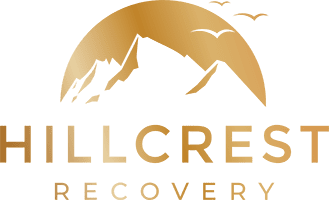Many individuals who suffer from alcohol or drug abuse also suffer from a mental disorder. In order for these individuals to have the best chance at recovery, it’s important that both the addiction and mental disorder are treated together. This approach to treating both addiction and mental disorders is called dual diagnosis treatment.
To learn more about what is a dual diagnosis, keep reading. This article fully explains what is a dual diagnosis, common diagnoses, and treatments.
What Is a Dual Diagnosis?
Dual diagnosis occurs whenever an individual suffers from a mental disorder as well as drug or alcohol addiction. This phenomenon has received its own term because mental illness and addiction are often seen together. In fact, as many as half of the people who suffer from a mental disorder also suffer from substance use disorder at one point in their lives.
Common mental illness diagnoses alongside addiction include:
- Depression
- Anxiety
- Bipolar disorder
- Schizophrenia
- Eating disorders
The Importance of Dual Diagnosis Treatment
Dual diagnosis treatment is necessary for individuals who suffer from co-occurring mental illness and a substance use disorder. The symptoms of the co-occurring illnesses often interact with one another and worsen the symptoms of both the addiction and the mental illness.
For example, mental disorders can be a leading factor in drug use or substance use. Without treating the mental disorder, the individual will likely go back to the substance once they’re out of rehab. Conversely, substance use and addiction often lead to mental disorders due to the side effects of the substance.
With dual diagnosis treatment, the individual receives the medical treatment and attention they need for both diagnoses. As such, the individual has the best chance at recovery since their addiction is treated, as well as the mental illness that may contribute to the addiction.
What Is Dual Diagnosis Treatment?
Now that we know what a dual diagnosis is and its importance, it’s time to learn what is a dual diagnosis treatment. Dual diagnosis treatment takes a holistic approach to the addict by treating the mental illness and the addiction.
Dual diagnosis treatment begins with a medically observed detox. This detox helps the individual to get through the initial withdrawals before treatment. Detox is necessary before dual diagnosis treatment is prescribed and put into action.
However, dual diagnosis treatment may be prescribed as early as before the medical detox starts. Whenever an individual arrives at an inpatient facility, they will undergo an extensive physical and psychological evaluation. This evaluation is when the individual may find out about their dual diagnosis if they do not already know.
After the medical detox is complete, that is when the dual diagnosis treatment begins. The individual will likely receive extensive counseling and group therapy sessions. During these sessions, counselors, doctors, and other leaders will help the individual work through their problems as they relate to addiction and other mental illnesses.
In some cases, dual diagnosis treatment may also include prescribed medication. Anti-anxiety medication and anti-depressants are often prescribed for individuals who suffer from co-occurring illnesses. This treatment often extends throughout a long portion of the patient’s life, not just during their time at the facility.
Contact Hillcrest Recovery for Dual Diagnosis Treatment
What is a dual diagnosis? Once again, dual diagnosis is whenever an individual receives a substance abuse diagnosis, as well as an additional mental illness. The treatment treats both of the illnesses so the individual can recover holistically.
If you or a loved one suffers from a dual diagnosis, Hillcrest Recovery can help. Hillcrest Recovery offers dual diagnosis treatment so you can begin your road to recovery on the right foot. Contact us today to learn more.

